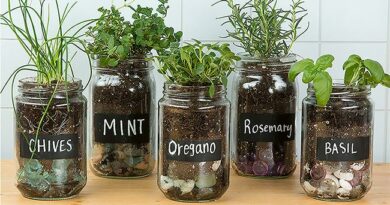What Is The Difference Between Cantaloupe and Muskmelon
Muskmelon vs Cantaloupe: The Key Differences Unveiled!
Muskmelons and cantaloupes are popular summer fruits, known for their refreshing flavors and aromas. While often used interchangeably, they are not the same. Muskmelon is a broader category that includes various types of melon fruit, and cantaloupe refers to a specific variety of muskmelon.
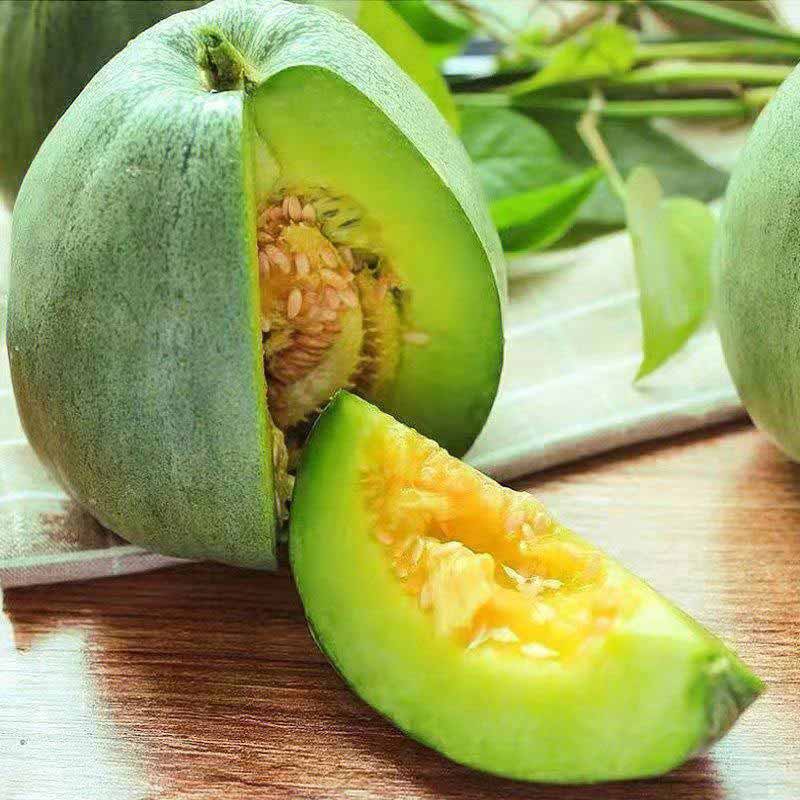
To differentiate them, cantaloupes have rough, net-like skins and a sweet, floral aroma, while muskmelons have smoother, ribbed skins and a musky, fragrant scent. Understanding these distinctions will help you make the most of each fruit in your summer dishes. So, say goodbye to confusion and embrace the diverse world of muskmelon vs cantaloupe!
What is Muskmelon?
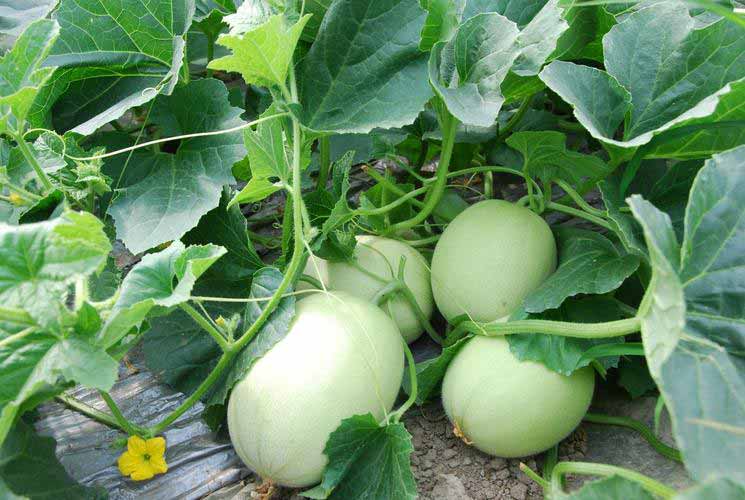
Muskmelon is a delicious fruit belonging to the cucurbitaceae family, which also includes squash, pumpkins, and cucumbers. It boasts a spherical to oval shape, with a hard, smooth, greenish-gray skin and sweet, orange-yellow flesh.
So, what does a muskmelon look like? Well, picture a fruit with a smooth exterior, ranging from green to gray in color, and a vibrant, juicy interior that is a delightful shade of orange-yellow. The flavor of muskmelon is often described as sweet and juicy, making it a popular choice for eating fresh or incorporating into salads, desserts, and beverages.
Now, let’s talk about the nutrition of muskmelon. Muskmelon is a great source of vitamins A, C, and B6, which are essential for overall health. It also offers essential minerals like potassium, magnesium, and calcium.
What is Cantaloupe?
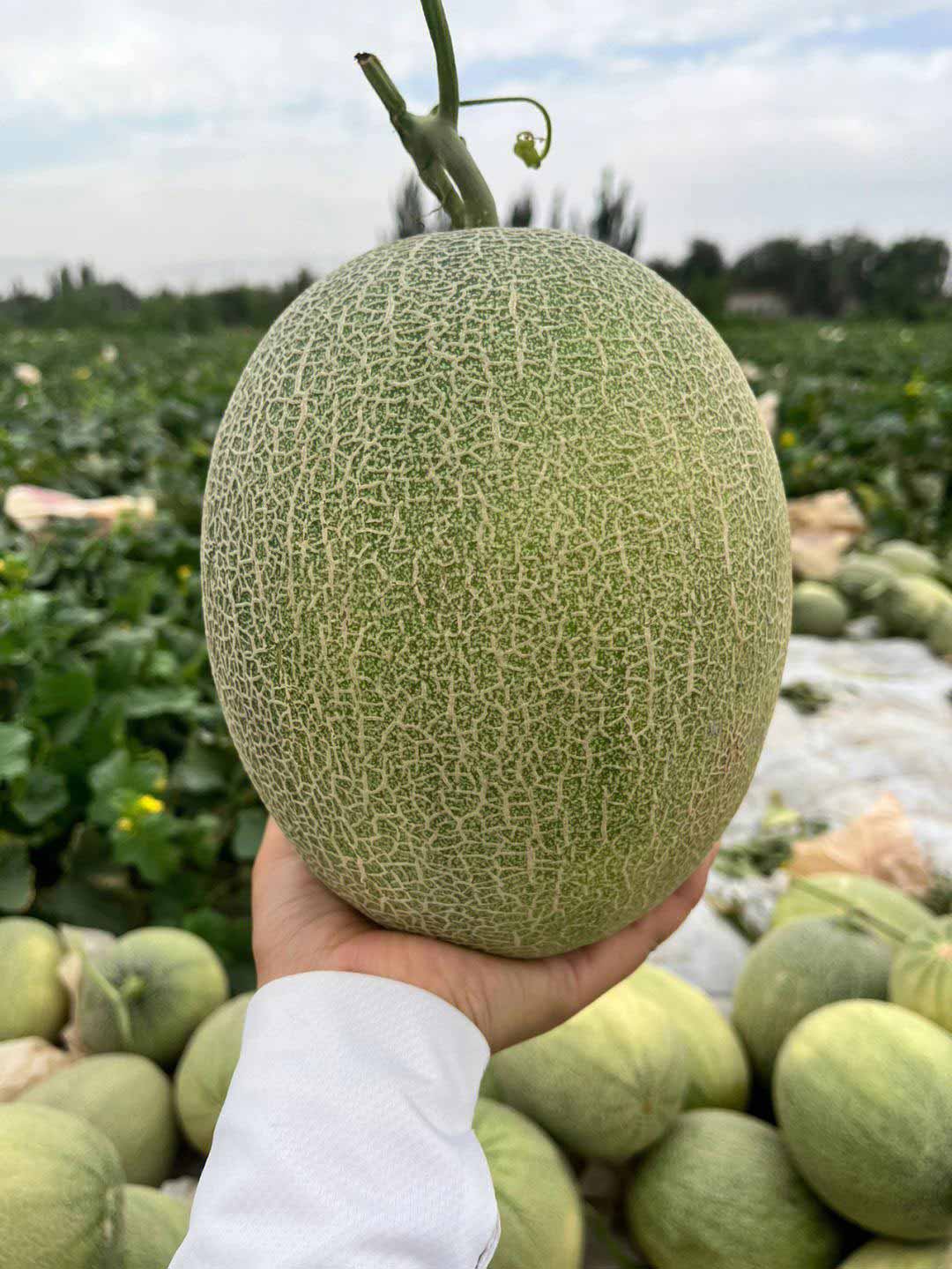
Prepare to be surprised! It turns out that you may have never encountered a true cantaloupe before. In reality, the fruit you’ve been enjoying as cantaloupe is actually a muskmelon in disguise. I know, this revelation can be quite shocking. Take your time to absorb this information.
The genuine cantaloupe, known as the European Cantaloupe, is not commonly grown commercially in the United States. Its rind has a firmer texture and lacks the intricate netting that is characteristic of muskmelons. Growing cantaloupes is more challenging, but they offer a subtly sweet flavor that sets them apart from their commercial counterparts. Don’t worry, though, they still provide the same health benefits.
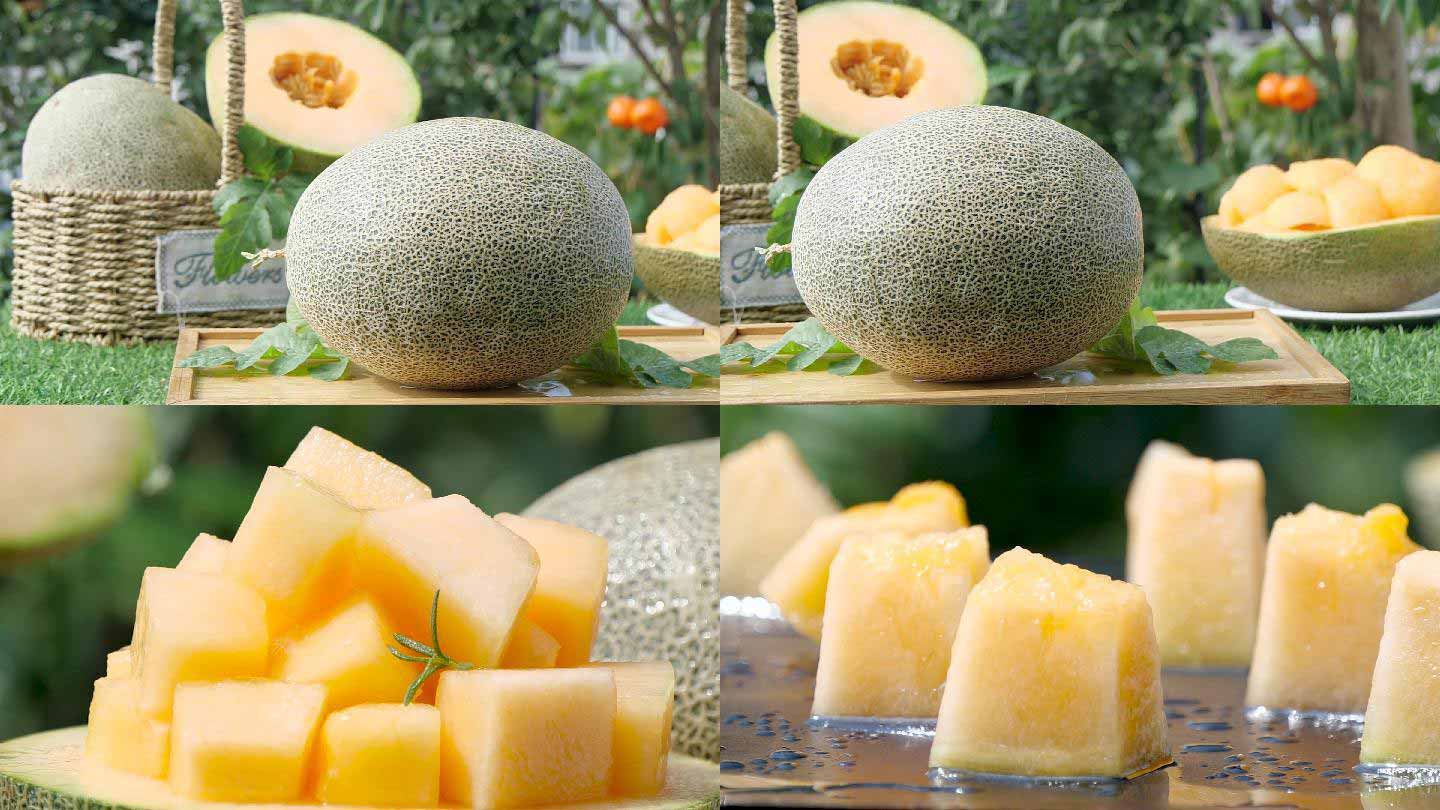
# Cantaloupe vs. Muskmelon (difference between cantaloupe and muskmelon):
Family: Both cantaloupe and muskmelon belong to the Cucurbitaceae family, but they diverge within this family tree. Cantaloupe belongs to the cantalupensis group, while muskmelon finds its place in the reticulatus group.
Appearance: When examining their appearances, you’ll notice notable disparities. Muskmelons display a tan, ribbed skin enveloping sweet orange flesh, emanating a captivating must-like flavor and aroma. In contrast, cantaloupes flaunt a net-like, light green skin, a prominent central seed cavity, and a delightful salmon-hued flesh.
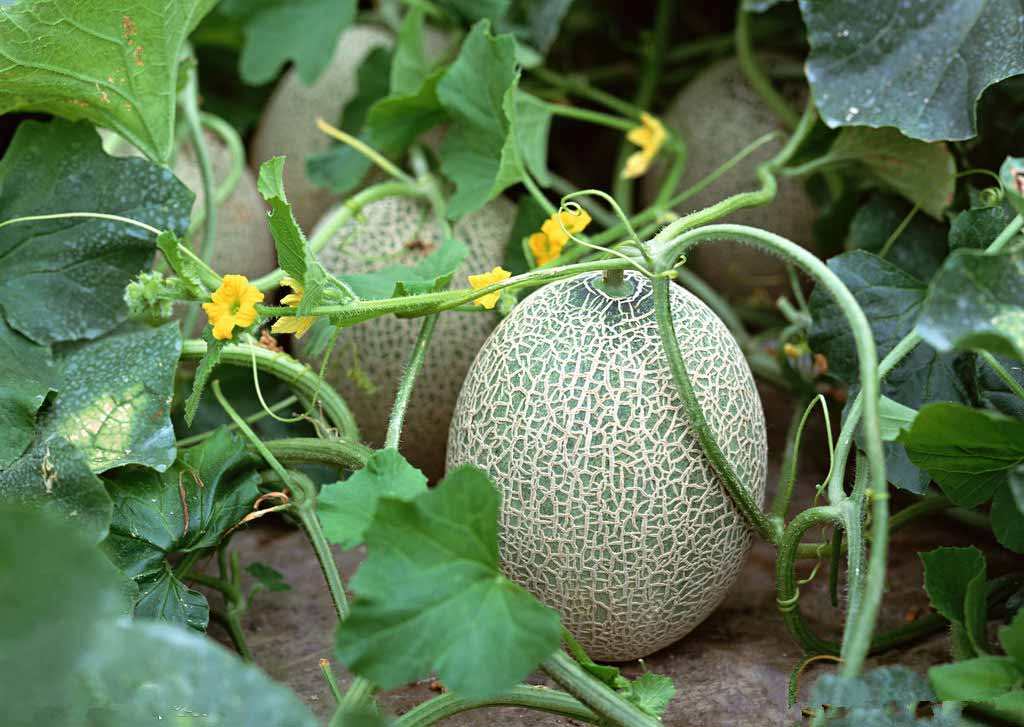
Flavor: The flavor of muskmelon and cantaloupe is both sweet and delicious. Muskmelon has a slightly fuller, richer flavor with a hint of cucumber-like taste. On the other hand, cantaloupe has a more traditional melon flavor that is refreshingly sweet and juicy. So, what does cantaloupe taste like? Imagine a succulent melon with a delightful balance of sweetness and a hint of tanginess, offering a refreshing and satisfying taste experience.
Smell Distinctions: Cantaloupe vs. Muskmelon. Cantaloupe exudes a sweet, floral aroma, while muskmelon emits a distinct musky fragrance, adding complexity to its flavor.
Health Benefits: Muskmelons boast a wealth of health benefits. They are rich in vitamin C, bolstering the immune system and warding off diseases. Some muskmelon varieties are also abundant in vitamin A, promoting optimal vision, growth, and development. Additionally, they are a great source of antioxidants like caffeic acid, gallic acid, and ellagic acid, combating cellular damage. Cantaloupes, on the other hand, offer fiber, vitamins A and C, and comparatively lower levels of calories and carbs.
Culinary uses: When it comes to culinary uses, Muskmelon and Cantaloupe offer some differences in flavor and application.
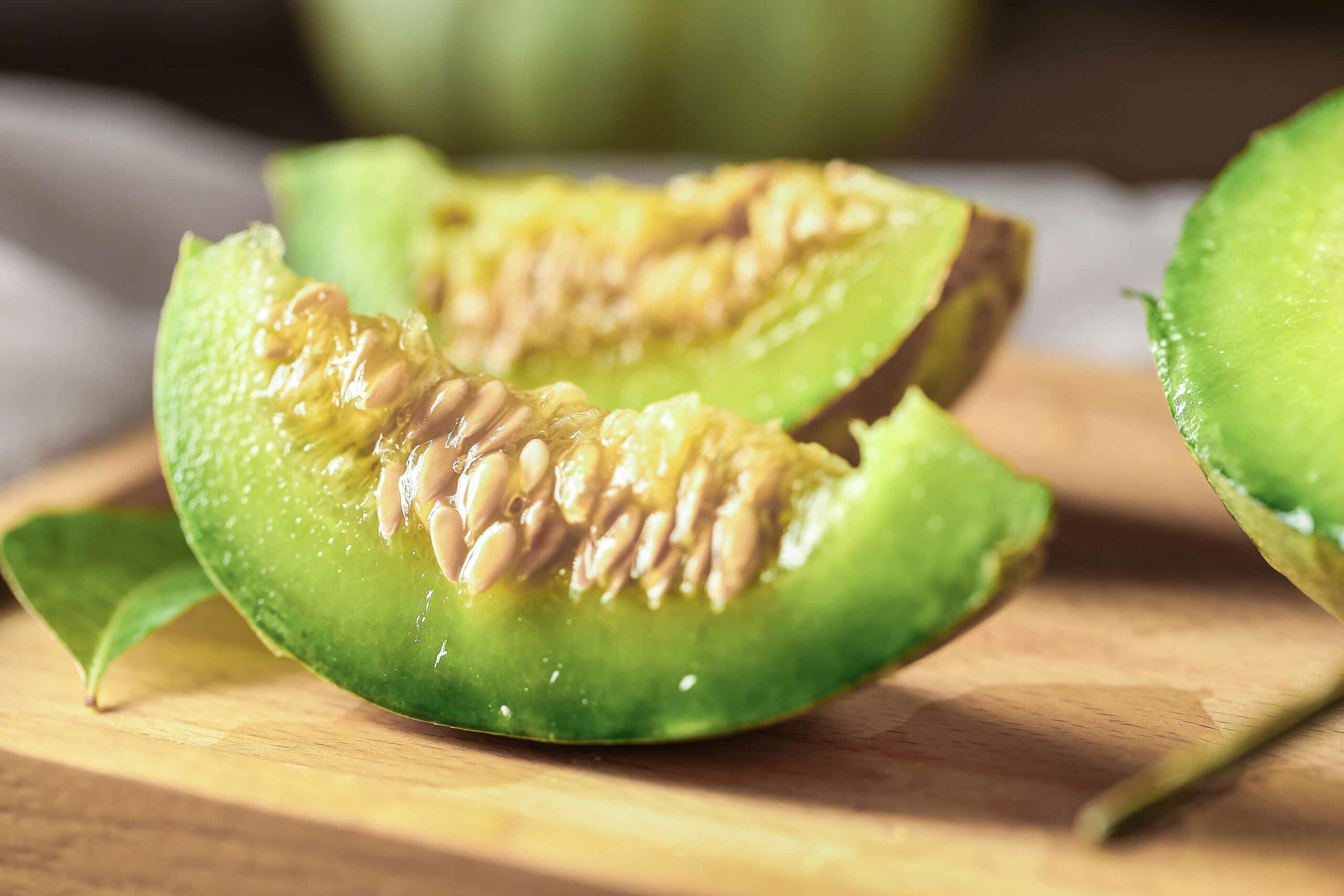
Muskmelon, with its sweet and slightly musky taste, is often enjoyed fresh as a refreshing snack or used in fruit salads, smoothies, and desserts. Its juicy and aromatic flesh adds a burst of flavor to summer recipes and pairs well with other fruits.
Cantaloupe, on the other hand, has a sweeter and more traditional melon flavor. It is commonly used in both sweet and savory dishes. Sliced or cubed Cantaloupe adds a delightful sweetness to salads, pairs well with salty cured meats like prosciutto, and can even be grilled for a unique twist. Its versatility allows it to be used in both cold and hot preparations, making it a favorite ingredient in various culinary creations.
Whether you’re enjoying the musky sweetness of Muskmelon in a refreshing snack or incorporating the versatile Cantaloupe into your favorite recipes, both melons bring their unique flavors to the table.
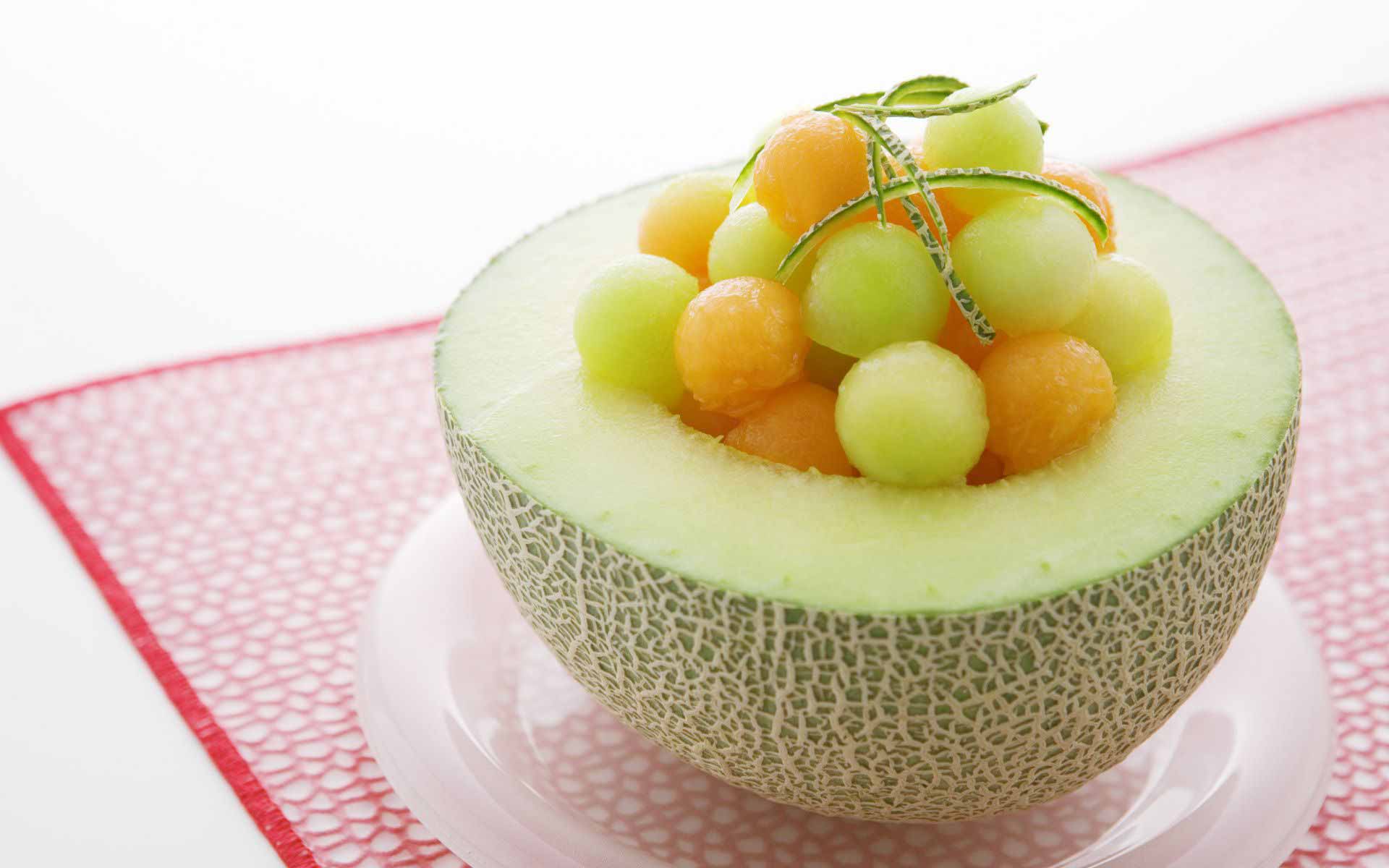
# Cantaloupe vs Honeydew (difference between cantaloupe and Honeydew)
Cantaloupe and honeydew are two different types of melons with distinct characteristics.
Cantaloupe, also known as muskmelon, has a netted or rough skin and is usually orange or green in color when ripe. It has a sweet and juicy flavor with a hint of muskiness. The flesh of cantaloupe is soft and has a vibrant orange color.
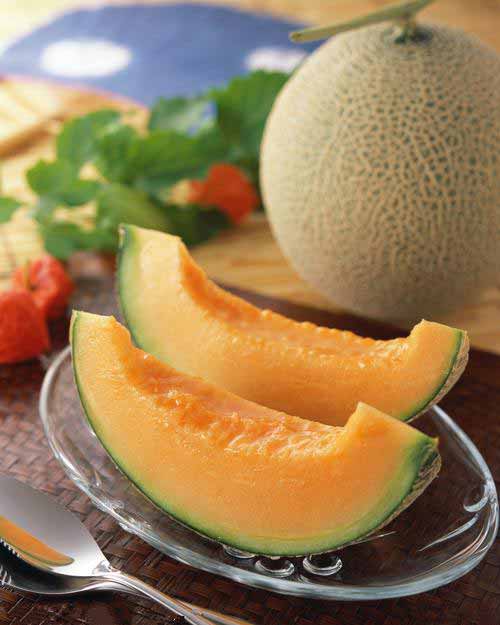
On the other hand, honeydew melon has a smooth and pale green skin when ripe. It has a milder and sweeter taste compared to cantaloupe. The flesh of honeydew is pale green or white and has a firm and slightly crisp texture.
In summary, cantaloupe has a netted skin, orange or green flesh, and a sweet and musky flavor. Honeydew, on the other hand, has a smooth skin, pale green or white flesh, and a milder and sweeter taste.

